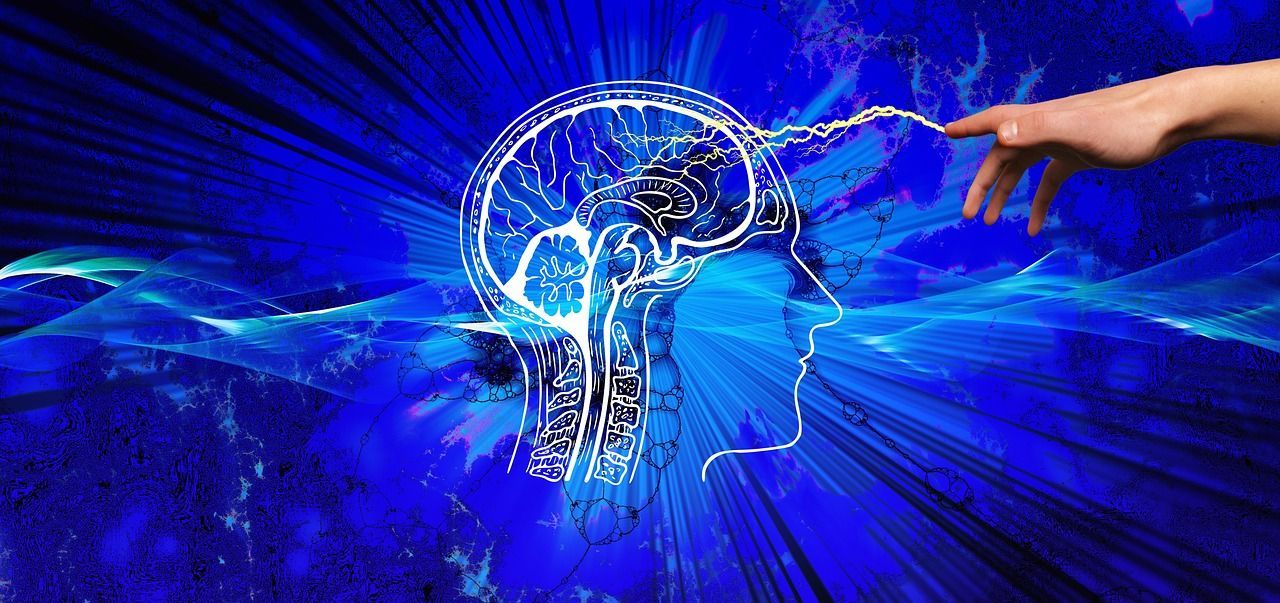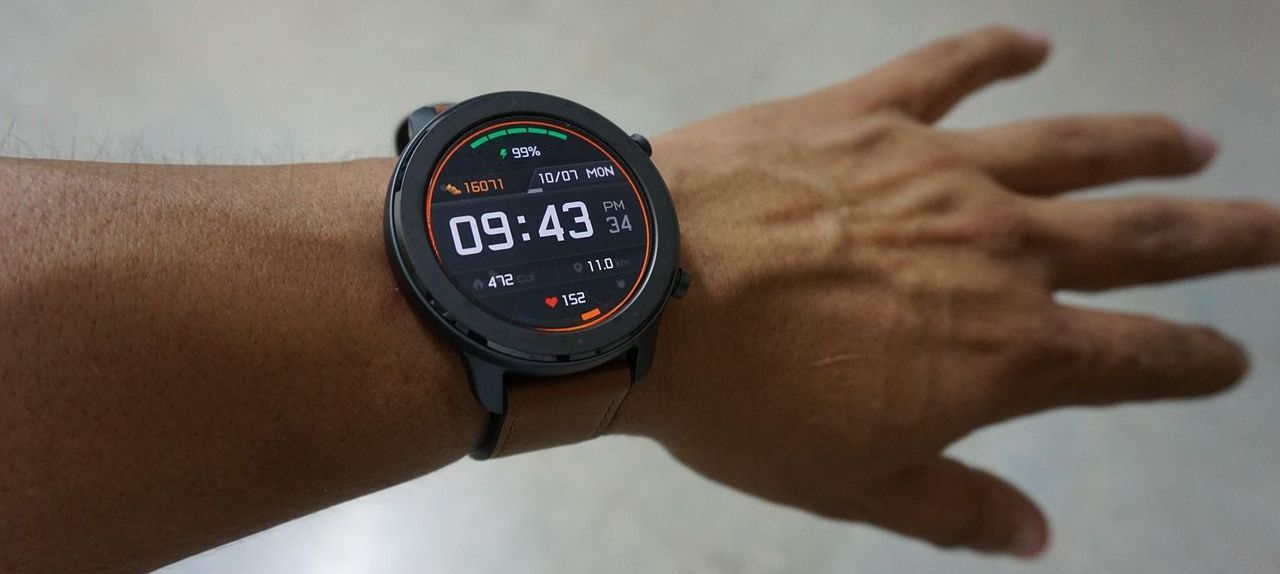The Importance of Sleep: Recharging Mind and Body

About the Author
Ron B is a globally recognized expert in personal and professional development, holding multiple advanced certifications, including:
- Master Practitioner of NLP (MNLP): Expert in Neuro-Linguistic Programming, helping individuals rewire their thought patterns for success.
- Master NLP Coach (Executive & Life): Skilled in coaching executives and individuals to reach their full potential.
- Master Practitioner of Timeline Therapy™ (MTLT): Specializing in releasing negative emotions and limiting beliefs to foster a more empowered future.
- Board Designated Hypnosis Trainer (TCHt): Authority in utilizing hypnosis for transformation and behavioral change.
- Certified Value Builder: Proficient in enhancing business value and driving entrepreneurial success.
- International Tax Specialist: Knowledgeable in global tax strategies and financial planning.
With a deep passion for guiding people towards greater health and wealth, Ron B has dedicated their career to being a catalyst for change. They advocate for a shift from our current reactive sick care system to one of proactive care, empowering individuals to take charge of their well-being and financial future.
Through this blog, Ron B aims to share insights, strategies, and inspiration, helping entrepreneurs lead energized and lengthy lives that are fulfilling.
In our fast-paced world, sleep is often viewed as a luxury rather than a necessity. However, countless studies and health professionals agree - sleep is one of the most vital components of a healthy lifestyle and longevity. It’s not just about feeling refreshed; sleep has profound effects on your physical, mental, and emotional well-being.
Why Sleep Matters
Sleep is the body’s natural way of healing and recharging. During sleep, your body repairs tissues, synthesizes proteins, and consolidates memories. This restorative process helps maintain everything from your immune system to your cognitive abilities. Skimping on sleep can lead to a cascade of health issues, including increased risks of heart disease, diabetes, and mental health disorders.
How Much Sleep Do You Need?
The National Sleep Foundation recommends the following sleep durations:
- Newborns (0-3 months): 14-17 hours
- Infants (4-11 months): 12-15 hours
- Toddlers (1-2 years): 11-14 hours
- Preschoolers (3-5 years): 10-13 hours
- School-age children (6-13 years): 9-11 hours
- Teenagers (14-17 years): 8-10 hours
- Adults (18-64 years): 7-9 hours
- Older adults (65+ years): 7-8 hours
These are guidelines, and individual needs can vary. It’s essential to listen to your body and recognize signs of inadequate sleep, such as daytime fatigue, irritability, or difficulty concentrating.
The Science Behind Sleep Cycles
Sleep is divided into two main types: REM (Rapid Eye Movement) and non-REM sleep. These stages occur in cycles throughout the night:
- Stage 1: Light sleep; a transition phase.
- Stage 2: Slightly deeper sleep; heart rate and breathing slow down.
- Stage 3: Deep sleep; crucial for physical restoration and immune function.
- REM Sleep: Associated with vivid dreaming and memory consolidation.
Each cycle lasts about 90 minutes, and experiencing multiple cycles is essential for feeling truly rested.
Tips for Better Sleep
- Stick to a Schedule: Go to bed and wake up at the same time every day, even on weekends.
- Create a Sleep-Friendly Environment: Keep your bedroom dark, quiet, and cool.
- Limit Screen Time: Avoid screens at least an hour before bed to reduce blue light exposure.
- Watch Your Diet: Avoid caffeine and heavy meals close to bedtime.
- Practice Relaxation Techniques: Try meditation, deep breathing, or reading a book to wind down.
Sleep Hygiene: Building Better Habits
Sleep hygiene refers to practices and habits that are conducive to consistently good-quality sleep. Here are some additional tips:
- Keep a Sleep Diary: Track your sleep patterns to identify factors that may be disrupting your rest.
- Establish a Bedtime Routine: Engage in calming activities like stretching or journaling before bed.
- Use Your Bed Only for Sleep: Avoid working or watching TV in bed to strengthen the association between your bed and restful sleep.
- Limit Naps: If you nap, keep it to 20-30 minutes and avoid late-afternoon naps.
- Avoid Alcohol and Nicotine: Both substances can interfere with the sleep cycle.
Technology for Better Sleep
While technology is often seen as a barrier to sleep, the right tools can actually help improve sleep quality:
- Sleep Trackers: Devices like smartwatches and fitness bands monitor your sleep patterns and provide insights to improve your habits.
- White Noise Machines: These devices help drown out disruptive sounds, creating a consistent auditory environment for sleep.
- Blue Light Blocking Glasses: These glasses reduce the impact of blue light from screens, making it easier to wind down.
- Smart Lighting: Adjustable lights can mimic natural daylight cycles, signaling your body when it’s time to sleep.
- Sleep Apps: Apps offering guided meditations, relaxing sounds, or sleep coaching can be helpful for creating a bedtime routine.
The Consequences of Sleep Deprivation
Chronic sleep deprivation doesn’t just leave you feeling groggy. It can impair cognitive function, reduce productivity, and negatively impact mood. Over time, it can contribute to serious health conditions, such as obesity, hypertension, and depression. Prioritizing sleep is a preventive measure for long-term health.
Final Thoughts
Sleep is not just a passive activity; it’s an active investment in your health and well-being. By understanding its importance and making it a priority, you can enhance every aspect of your life. So tonight, get your to-do list done early, put down your phone, and let sleep do its magic. Your mind and body will thank you. Our next blog will deal with an important sleep issue – Understanding Sleep Apnea.
Get your FREE Guide to Graceful Aging - 6 Tips To Avoid Red Face Moments, by clicking on the button below.







Energized Aging For Entrepreneurs




